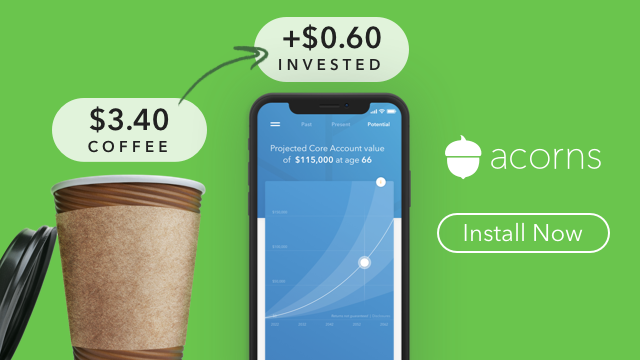3 Vital Facts You Must Know About Debt Consolidation Programs
With so many people meshed into the debt trap, debt consolidation programs have become sought after by people wanting to free themselves of the burden of debt. But what are these debt relief programs really, and can they absolutely wipe out debt? Here are some clarifications as to what these programs can and can’t do for a borrower.
1. Debt consolidation programs can possibly eliminate total debt, but not instantly.
Debt consolidation programs involve combining all or several of your debts from different creditors into one account. You have the option of either taking a new big loan to pay off these multiple debts or just let your debt consolidator take care of the accounts including payment and negotiation with creditors; you simply pay one amount to him to cover all of the other debts and he takes care of forwarding the payment to the corresponding creditors. With only one statement to receive and one payment to make, both options make handling your debt easier.
If you take out a debt consolidation loan to settle the other smaller debts, realize that the debt is still there and has not been instantly eliminated, you are just transferring your debts into one big debt. On the other hand, if you allow a debt consolidator to manage your debts, the debts are still there, he is just helping you appropriate your resources to your various financial obligations.
2. Debt consolidation programs can possibly free you from debt, but can also bury you deeper in debt.
Debt consolidation programs may work for some but not for all. There are many factors to consider to ensure that a debt consolidation program would work. The first factor is you. No matter what program you have gotten yourself, if you do not work on curbing spending habits that can just lead you to pile up more debts, then the program would not be effective. A debt consolidation loan offering a low interest rate may be a great way to help you pay off your high-interest-rate credit card debt. But be warned! Once you pay off your credit card balances, you may feel like you are not encumbered with debt anymore since you have liberal amounts of credit available. Always remind yourself that you still owe a mountain of debt; you just shifted it to another loan.
Another factor is the terms of the debt consolidation loan (if you opt for this route). If the interest rate or monthly payments of the new loan is higher than the average of those of your other debts, then the program will work against you. If you were already having a hard time making the monthly payments for your old debts, all the more you will find it difficult to pay for the new dues if they are more expensive. With a less affordable monthly payment and a more expensive rate, chances are, interest will compound even more, burying you deeper in debt. If your debt consolidation loan is secured against a property you own, like your home, you may also lose this property if you fail to make the monthly payments.
If you opt to hand over the management of your debt to a debt consolidator, make sure that he has the expertise in negotiating for you with your creditors new terms that are favorable to you, such as a lower interest rate, a more affordable payment schedule or an extended loan period. Also make sure that this consolidator is legit and would really properly distribute your payment to all of your creditors.
3. Debt consolidation programs may involve transferring your balances to one big loan with lower interest rates and monthly payments, but you could still end up paying more in total interest.
This is because most debt consolidation loans have longer loan periods to allow them to lower interest rates and monthly payments. So you would be paying your debt longer with higher total interest. If this is the price you have to pay to help you afford your monthly dues, then this is worth paying for so that you do not have to be delinquent in your accounts.
 Follow
Follow

